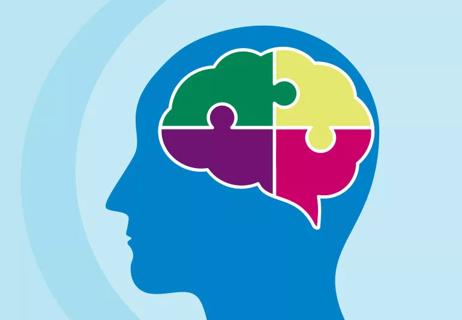Advertisement
Get your parent the help they need with sensitivity and reassurance

For the third time this week, your mom is fixated on finding the doily she sold at the garage sale five years ago. You think, “Maybe it’s time to talk with an aging specialist.”
Advertisement
Cleveland Clinic is a non-profit academic medical center. Advertising on our site helps support our mission. We do not endorse non-Cleveland Clinic products or services. Policy
It’s time, according to geriatric medicine physician Ardeshir Hashmi, MD.
“Research tells us that earlier intervention is critical to preserving memory and independence,” Dr. Hashmi says. “Lifestyle changes are vital but need time to take effect, so the key is getting started early.”
Medications may help, but they’re only 2% of the solution. Their job is mostly to stop memory problems from getting worse.
The other 98% is making lifestyle adjustments. These brain-healthy modifications can improve memory:
Your loved one may not have noticed any memory problems. But if you’re concerned, it’s time to act. Dr. Hashmi recommends these strategies:
Provide reassurance. A big fear is that memory changes are indicative of dementia or Alzheimer’s disease. But that’s not necessarily the case.
“Reassure your parent that you forget things, too, and emphasize that the only way to get answers is to visit a geriatrician,” Dr. Hashmi suggests. “You can even downplay the memory stuff. Tell them the doctor will provide a comprehensive exam where brain health is only one component.”
Focus on the positive. Losing their independence is likely another of your parent’s biggest concerns. Present a visit with a geriatrician as a way to ensure long-term independence.
Dr. Hashmi suggests phrases like, “This is important because I want you to remain in your home like you are now.”
And alleviate your parent’s concerns about having to take yet more medications with statements like, “We don’t want you to be on more meds than you need, and medication probably isn’t even necessary. But let’s see what options are available to help preserve your thinking and memory.”
Your parent might even leave the visit with less medication than they go in with. “Taking away medications which might be impairing memory is often part of the solution,” Dr. Hashmi adds.
Set expectations. Emphasize that you want your parent to preserve or even improve their memory. “Your parent may be scared — let them know the goal is to make things better, not necessarily to find out what’s wrong,” Dr. Hashmi says.
Discuss what to expect during the evaluation, which is not painful and will likely include:
Advertisement
“It can be taxing for even the most patient person to deal with a parent who repeatedly asks the same thing,” says Dr. Hashmi. “But patience is a big ally for caregivers, so stick with it.”
Some other tips to help you help your aging parent:
Advertisement
Learn more about our editorial process.
Advertisement

Our collective misremembering of events comes from a surplus of false memories

Chair exercises can help people age 65+ retain independence

With repeat injections over time, you may be able to slow the development of new wrinkles

Before you run out and buy this specialty underwear, there are treatment options to try first, like pelvic floor therapy and medication

Some planning, products and projects can help older adults stay in their homes safely longer

Living longer is more than just growing older — it’s also about living life to its fullest

When the drive is familiar or monotonous, ‘procedural memory’ can take the wheel

Turns out your health really is in your hands

Focus on your body’s metabolic set point by eating healthy foods, making exercise a part of your routine and reducing stress

PFAS chemicals may make life easier — but they aren’t always so easy on the human body

While there’s little risk in trying this hair care treatment, there isn’t much science to back up the claims